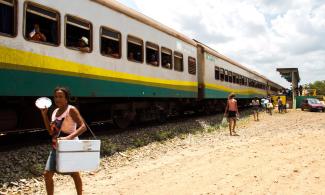Starting a Worker Cooperative from Scratch - Two Years Later
We overdid things at the beginning of the year. We went into it intentionally, but being intentional doesn’t make things less hard.
We had two clients starting, one client scaling up significantly, and another client who restarted work with us. Plus, we were going through the hiring process to handle all the work.
If I had to do it all over again, I’d probably make the same decision. Sometimes it’s ok to take what’s presenting and try to make it all happen.



